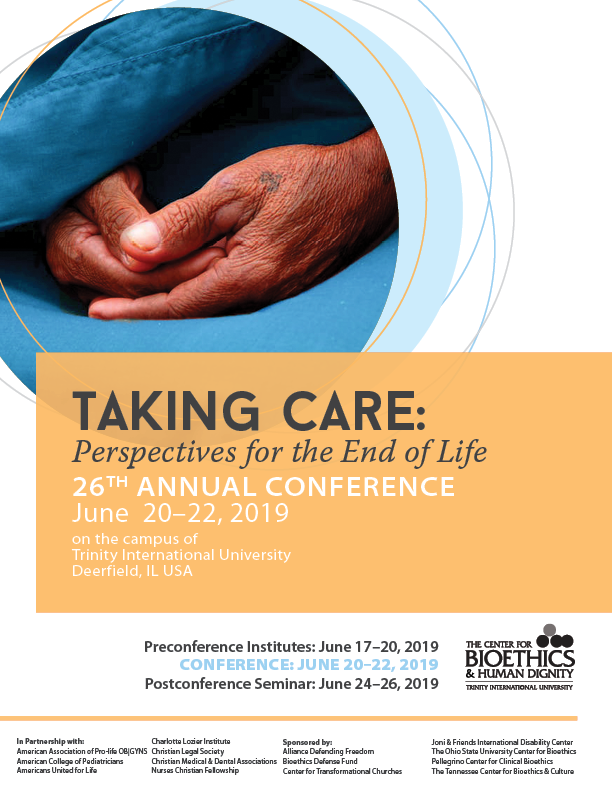
This paper will critically examine the philosophy of “Evidence-Based Medicine” (EBM) from a Christian theological perspective. There have been myriad critiques leveled against EBM, many of which center on charges of scientism and reductionism. These critiques have mostly been very general and not overly concerned to precisely pick out the forms of scientism they claim are present in EBM. I will argue that not all charges of scientism leveled at EBM are justified, but that EBM is vulnerable to certain types of scientism when accompanied by an epistemology that ignores the evidential value of what is called “clinical knowledge” and “mechanistic reasoning.” I will examine what I take to be the most sophisticated and nuanced description of the EBM hierarchy presented by Jeremy Howick. A primary strength in Howick’s presentation is his acceptance of the evidential value of clinical knowledge and mechanistic reasoning. Nevertheless, Howick’s presentation is in line with traditional EBM in so far as he holds that randomized clinical trials generally provide the highest evidential support for the efficacy of a proposed treatment. Finally, I will argue that while EBM is vulnerable to certain weaknesses, its strengths are congruent with fundamental epistemic virtues in Christian theology. I will draw on the themes of epistemic finitude and limitation and argue that humility is a virtue that may be promoted by a thoughtful application of EBM. In addition, I will draw parallels between the epistemology of theology and the hierarchies of evidence presented by EBM.